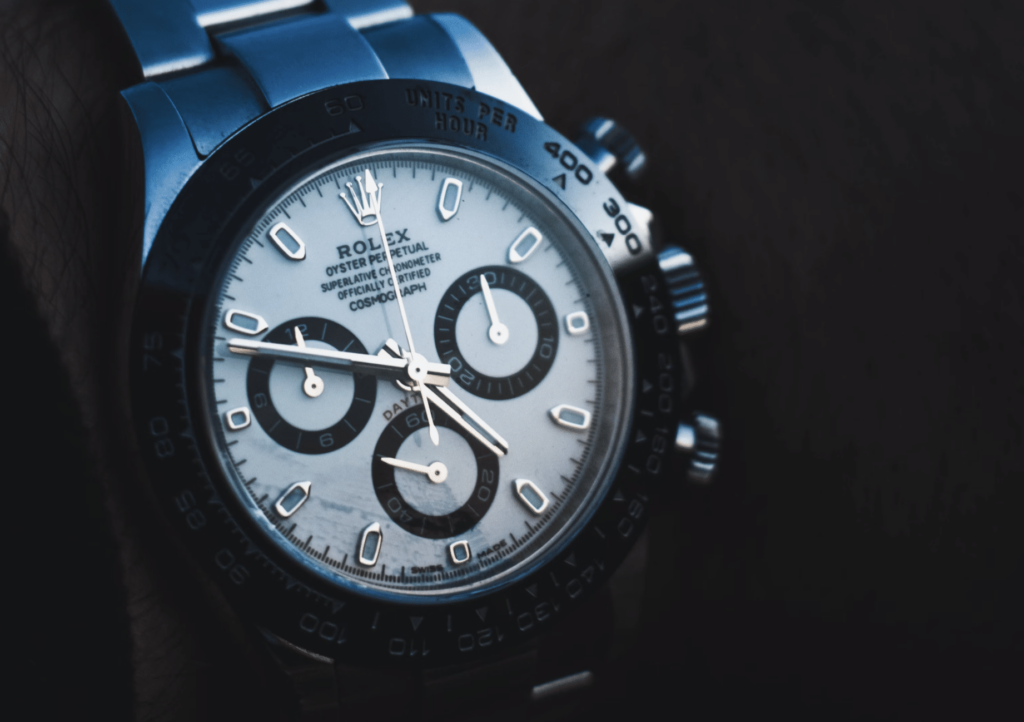Can big-name brands continue to skirt liability for integral players in their supply chains? That is the critical question at the heart of a handful of newly-initiated legal challenges that are being waged against the likes of H&M, Levi Strauss, Columbia Sporting Company, Asics, DKNY and Tommy Hilfiger, among others, in India and Sri Lanka. By way of a number of newly-filed complaints, labor rights group Asia Floor Wage Alliance (“AFWA”) is looking to hold global apparel brands jointly liable for alleged wage violations that followed from widespread COVID-induced order cancellations by Western brands, thereby, leaving laborers who were not terminated from their positions entirely with fewer hours and significant “gaps” in their pay.
According to a recent report from the Guardian, the AFWA has partnered with local labor unions in Bengaluru, India to file a complaint against Swedish fast fashion giant H&M “for alleged labor abuses that took place in 2020 at a supplier factory, where the AFWA claims the brand ‘has total economic control over the workers’ subsistence, skill, and continued employment.’” The publication states that “a similar legal complaint has been submitted to the labor commissioner in Sri Lanka against Levi Strauss, Columbia Sporting Company, Asics, DKNY and Tommy Hilfiger, claiming that the companies are acting as ‘shadow employers’ at a supplier factory in Katunayake, where workers lost their jobs and did not receive full pay.”
A growing number of instances demonstrate that brands are no longer neatly divorced from the workings of their supply chains in the eyes of consumers. Companies with links to the Xinjiang region in China, for instance, have been subject to striking public relations fallout in light of allegations that ethnic Uighurs and other Muslim minorities are being forced to work in mass detention camps there. Boohoo Group similarly suffered from consumer blowback when it was revealed in the summer of 2020 that suppliers tied to the British fast fashion company had been engaging in rampant labor and wage abuses all in the name of lightning-fast fashion.
Yet, while brands are increasingly being subjected to consumer backlash over issues related to their supply chains, from a legal standpoint, they have largely been able to skirt ramifications for wrongdoing in their supply chains, particularly as “recent decades have seen an increase in the use of labor arrangements both in the U.S. and abroad, whereby the real employer hides behind a corporate structure, claiming that its employees are working for some other employer, such as a temp agency or a farm labor contractor,” according to Justine Nolan, a visiting scholar at NYU Stern Center for Business and Human Rights. As a result, the challenge is often “determining who the ‘employer’ is, and thus, who might be liable for redress if problems occur.”
More often than not, brands walk away scot-free, as liability rests with the suppliers when it comes to individuals working under their direct employ.
“By moving production abroad and contracting with suppliers, a firm can avoid liability for abuses it would have been responsible for if it directly had employed the worker within the United States,” Fordham Law professor Jennifer Gordon wrote in her article, Regulating the Human Supply Chain. “In a context of global inequality,” she says, “the combination of private contracting arrangements and public laws allow firms to benefit from the decision to outsource a firm function, without bearing the true cost.”
Nonetheless, the AWFA says that it is confident that it has a solid foundation for taking on fashion brands, even in this relatively novel capacity. “In some countries there is very strong case law for joint liability, but it has never been tested for a brand and a supplier,” Ashim Roy, an Indian trade unionist and AFWA member, said this week. “Our core argument is that the reality of fashion supply chains is that brands do not just buy garments; they determine and control every step in the production process of that garment being made and so they should not be able to continue to argue that the workers who make their clothes do not work for them.”
And not limited to suppliers in far-flung locales, such abuses have been found to occur much closer to home, with domestically-located fast fashion companies, such as Fashion Nova, coming under fire for allegedly taking advantage of loopholes in California state law in order to avoid paying proper wages to garment manufacturers. According to a December 2019 report from the New York Times, Fashion Nova’s clothing is “made in dozens of factories [in Los Angeles] that owe $3.8 million in back wages to hundreds of workers,” with some allegedly paying “their sewers as little as $2.77 an hour.”
As TFL reported at the time, the public-facing claims made against Fashion Nova – the Southern California-based brand that has won over many-a-millennial since it was founded in 2006 – were hardly novel. In fact, they mirror those that have long-plagued no small number of domestically-headquartered retail companies, with the now-bankrupt Forever 21, among others, being cited on more than one occasion by the Department of Labor (“DOL”)’s Wage and Hour Division in connection with its manufacturing practices.











